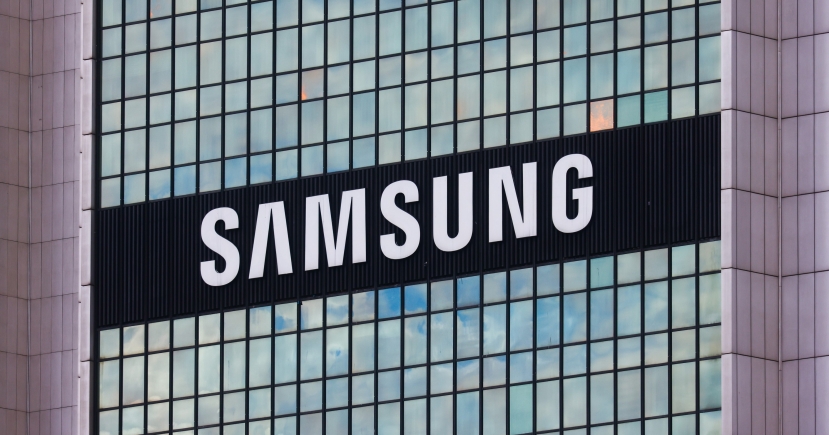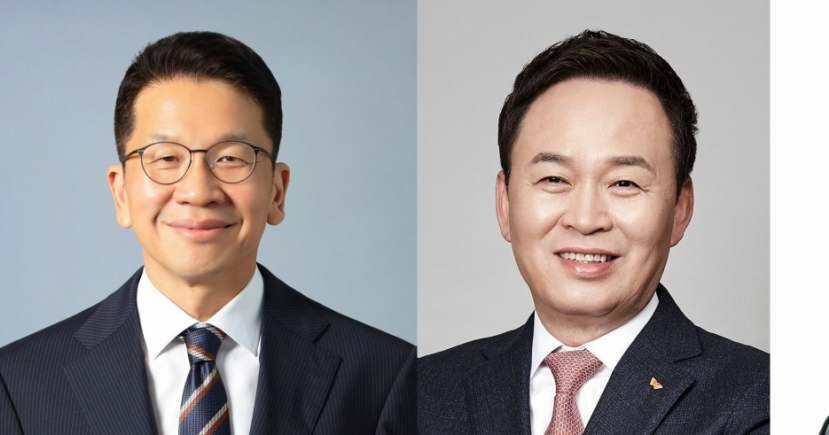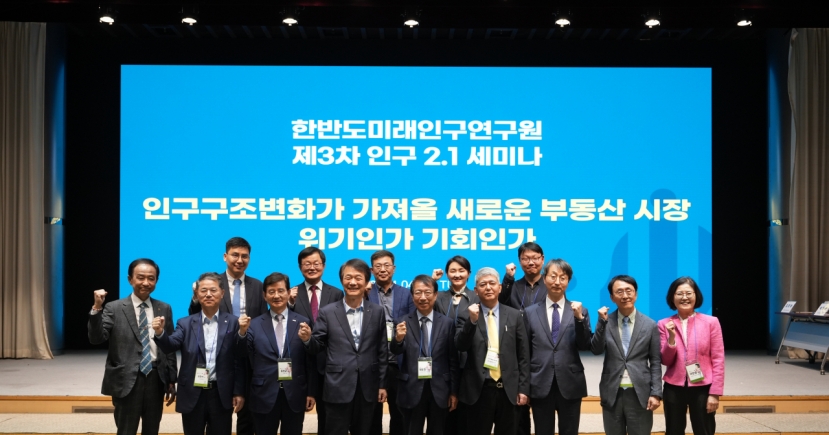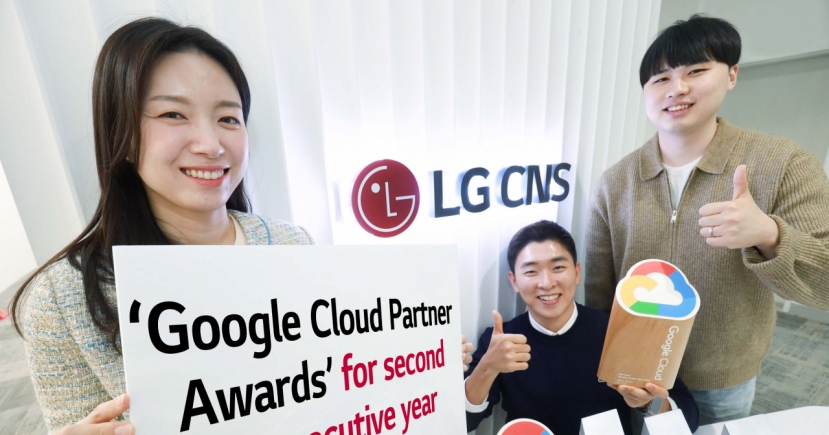Economy
Seoul seeks inter-Korean talks at PyeongChang Olympics: Moon adviser
[THE INVESTOR] With South Korea hosting the 2018 Winter Olympics in PyeongChang, the Moon Jae-in government is seeking to use the event as a “platform” to kick-start dialogue with the North and set the tone for a nuclear moratorium in return for a restart of economic cooperation, a presidential adviser told The Korea Herald.
But Choi Jong-kun, a professor in political science and international studies at Yonsei University in Seoul, emphasized that any thaw in relations with Pyongyang should be premised on its “explicit steps” toward denuclearization such as a moratorium on further nuclear and missile tests.
“How to use the PyeongChang Olympics is extremely important for us. It’s held in Gangwon Province and (will be) the first major international event to be hosted by the new government, and there’s less burden because of its non-political nature and the Olympic spirit,” he said in an interview, referring to a region that shares the border with North Korea.
“It could serve as a crucial platform for us to start talks with the North.”
Given heightened tension and the absence of cross-border communication channels, the event could set the stage for Seoul to sound out Pyongyang’s willingness to engage in negotiations. The plan is to increase exchanges, such as through reunions of separated families, and then extract the moratorium in exchange for “corresponding” measures such as on the Kaesong and Kumkangsan projects, Choi said.
But the Moon administration will take the measures only after Pyongyang does its part and reverse them if it goes back on its promises. The initiative would also require diplomatic consultations and national consensus, given controversy over whether the projects infringe upon the UN Security Council resolutions and independent sanctions adopted by past South Korean governments and the US, he noted.
“If we could manage to perk up the mood through the Olympics and then expand interactions, we will be able to send a meaningful signal about our intention,” Choi said.
“And if the North takes explicit steps on denuclearization, we may take our own regarding Kaesong and Kumkangsan.”
Mindful of concerns about diplomatic and domestic backlash, however, he said the new leadership is not bent on rushing talks for the sake of talks, adding there are “lots of procedures due to the sanctions, and nationwide consensus should be built before we get there.”
The professor has been working with Moon since long before he launched his second presidential bid. His name is currently being floated for top diplomatic jobs including foreign minister.
The president, who served in ranking posts in the Roh Moo-hyun administration, is widely forecast to carry on with the late liberal leader’s strategy of pursuing greater political and economic cooperation with the North.
On the campaign trail, Moon had pledged to revive the Kaesong district and Kumkangsan tours. During his formal oath of office Wednesday, he said he would visit Pyongyang under the “right conditions” to negotiate on the nuclear issues.
That approach is kindling concerns over potential friction with the US’ Donald Trump administration, which has recently settled on its North Korea policy focusing on “maximum pressure and engagement.”
Choi ditched the view, saying the Moon government will never defy UNSC resolutions for its own political interests nor create a crack in international coordination on the nuclear program, though it may give more weight to negotiations than its predecessors.
“The new government would begin its own policy review after house cleaning and a buildup for a couple of months, but I assume it will no longer apply strict reciprocity as previous ones did,” he said.
“Yes, the possibility and resolve for dialogue is higher than before, and the signal should be sent to the North.
“Our aim is to take the lead in one of the two prongs of international cooperation -- negotiations and contact -- while the UNSC continues to steer the other. Otherwise, there won’t be any breakthrough to foster peace and stability on the peninsula.”
Despite skepticism over leader Kim Jong-un’s unruliness and will for denuclearization, dialogue is all the more necessary now than ever to comprehend the precise situation, he said.
“North Korea under Kim Jong-il and North Korea under Kim Jong-un are quite different. Since we haven’t have any access to Pyongyang for the past decade, we don’t know who they are and they don’t know who we are, which is why there are sustained doubts,” choi said.
“What the Moon government wants to do is conduct empirical research, getting to know about their vision for denuclearization, how they want to resolve the situation, and how big and broad the gap is between ours and theirs. With that, we can only figure out whether we should talk or sanction or completely isolate them.”
By Shin Hyon-hee and Yeo Jun-suk/The Korea Herald(heeshin@heraldcorp.com) (jasonyeo@heraldcorp.com)
But Choi Jong-kun, a professor in political science and international studies at Yonsei University in Seoul, emphasized that any thaw in relations with Pyongyang should be premised on its “explicit steps” toward denuclearization such as a moratorium on further nuclear and missile tests.
“How to use the PyeongChang Olympics is extremely important for us. It’s held in Gangwon Province and (will be) the first major international event to be hosted by the new government, and there’s less burden because of its non-political nature and the Olympic spirit,” he said in an interview, referring to a region that shares the border with North Korea.
“It could serve as a crucial platform for us to start talks with the North.”
Given heightened tension and the absence of cross-border communication channels, the event could set the stage for Seoul to sound out Pyongyang’s willingness to engage in negotiations. The plan is to increase exchanges, such as through reunions of separated families, and then extract the moratorium in exchange for “corresponding” measures such as on the Kaesong and Kumkangsan projects, Choi said.
But the Moon administration will take the measures only after Pyongyang does its part and reverse them if it goes back on its promises. The initiative would also require diplomatic consultations and national consensus, given controversy over whether the projects infringe upon the UN Security Council resolutions and independent sanctions adopted by past South Korean governments and the US, he noted.
“If we could manage to perk up the mood through the Olympics and then expand interactions, we will be able to send a meaningful signal about our intention,” Choi said.
“And if the North takes explicit steps on denuclearization, we may take our own regarding Kaesong and Kumkangsan.”
Mindful of concerns about diplomatic and domestic backlash, however, he said the new leadership is not bent on rushing talks for the sake of talks, adding there are “lots of procedures due to the sanctions, and nationwide consensus should be built before we get there.”
The professor has been working with Moon since long before he launched his second presidential bid. His name is currently being floated for top diplomatic jobs including foreign minister.
The president, who served in ranking posts in the Roh Moo-hyun administration, is widely forecast to carry on with the late liberal leader’s strategy of pursuing greater political and economic cooperation with the North.
On the campaign trail, Moon had pledged to revive the Kaesong district and Kumkangsan tours. During his formal oath of office Wednesday, he said he would visit Pyongyang under the “right conditions” to negotiate on the nuclear issues.
That approach is kindling concerns over potential friction with the US’ Donald Trump administration, which has recently settled on its North Korea policy focusing on “maximum pressure and engagement.”
Choi ditched the view, saying the Moon government will never defy UNSC resolutions for its own political interests nor create a crack in international coordination on the nuclear program, though it may give more weight to negotiations than its predecessors.
“The new government would begin its own policy review after house cleaning and a buildup for a couple of months, but I assume it will no longer apply strict reciprocity as previous ones did,” he said.
“Yes, the possibility and resolve for dialogue is higher than before, and the signal should be sent to the North.
“Our aim is to take the lead in one of the two prongs of international cooperation -- negotiations and contact -- while the UNSC continues to steer the other. Otherwise, there won’t be any breakthrough to foster peace and stability on the peninsula.”
Despite skepticism over leader Kim Jong-un’s unruliness and will for denuclearization, dialogue is all the more necessary now than ever to comprehend the precise situation, he said.
“North Korea under Kim Jong-il and North Korea under Kim Jong-un are quite different. Since we haven’t have any access to Pyongyang for the past decade, we don’t know who they are and they don’t know who we are, which is why there are sustained doubts,” choi said.
“What the Moon government wants to do is conduct empirical research, getting to know about their vision for denuclearization, how they want to resolve the situation, and how big and broad the gap is between ours and theirs. With that, we can only figure out whether we should talk or sanction or completely isolate them.”
By Shin Hyon-hee and Yeo Jun-suk/The Korea Herald(heeshin@heraldcorp.com) (jasonyeo@heraldcorp.com)




![[Exclusive] Korean military set to ban iPhones over 'security' concerns](http://res.heraldm.com/phpwas/restmb_idxmake.php?idx=151&simg=/content/image/2024/04/23/20240423050599_0.jpg)



